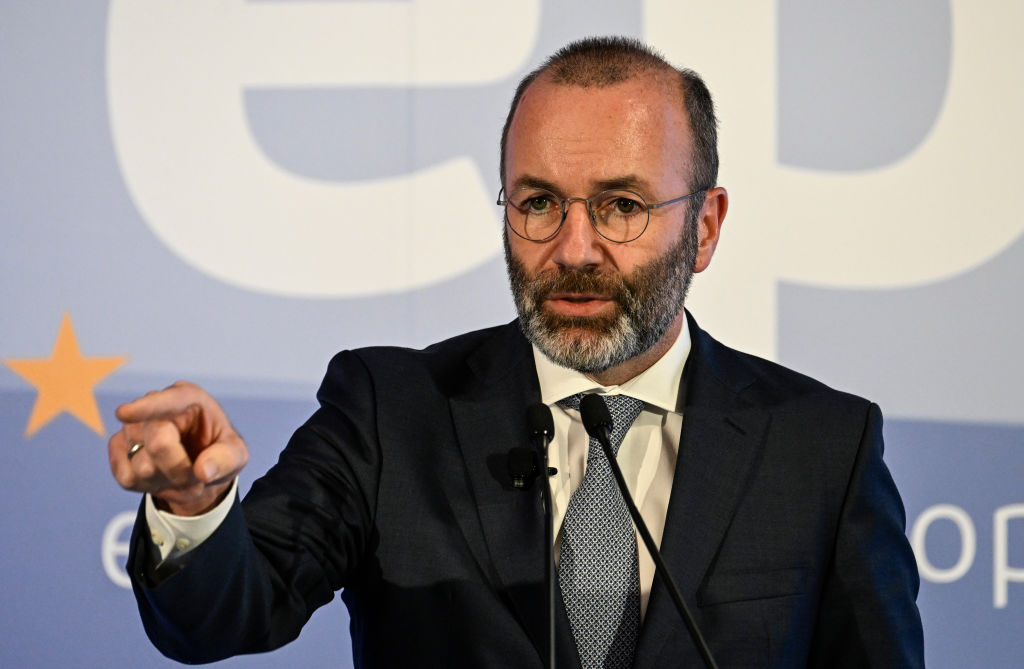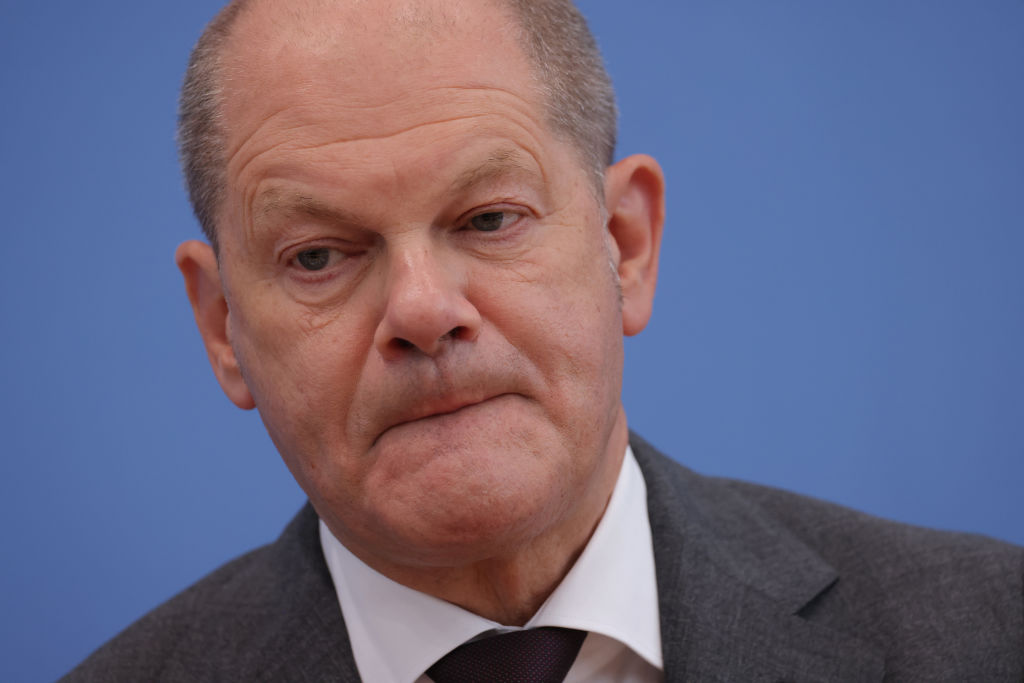Infighting has erupted within Germany’s Christian Democrat parties over a proposal that they should be willing to cooperate with the populist AfD, which is gaining significant traction among the public.
The conjoined CDU and CSU parties have operated a so-called “firewall” against the AfD for some time, observers say, and are refusing to work with it amid accusations that it is too “far-right”.
That standpoint now seems in question, with the leader of the CDU in the Federal Parliament Friedrich Merz expressing what appears to be “mild support for softening the policy”.
Outlining recent victories by the AfD at the regional elections level, Merz said the CDU now needed to look into cooperating with it in areas where voters had overwhelmingly supported of the party.
“Of course, that’s a democratic election. We have to accept that,” he said, referring to the AfD’s first-ever victory in a mayoral election, in Saxony-Anhalt.
Adding that there will “be no participation of the AfD” in a government with the Christian Democrats, Merz insisted that the party now needed to look “for ways” to work with strong AfD delegations in local areas across the country.
The suggestion has sparked outrage within Merz’s own ranks, with senior CDU and CSU officials coming out to decry any possible cooperation with the AfD.
“The AfD only knows opposition and division,” Berlin’s governing mayor, Kai Wegner, wrote. “The CDU cannot and will not work with a party whose business model is hatred, division and exclusion.”
Others made explicit reference to a previous CDU party vote that established any cooperation with the AfD was completely forbidden at all levels.
“Anyone who advocates rapprochement or even cooperation with the AfD in the CDU must know that they are approaching a party that consciously tolerates right-wing extremist ideas, anti-Semitism and racism in its ranks,” the approved CDU resolution reads.
Merz appears to have been spooked by the negative responses, taking to Twitter on July 24 to step back on his suggestion, insisting that there would continue to be “no cooperation” between the CDU and the AfD, including at municipal level.
The idea that the CDU and AfD never cooperate is not factually correct, with the two groups having occasionally worked together in the past despite talk of the so-called “firewall”.
One instance of cooperation occurred recently, with senior members of the CDU in the European Parliament voting in favour of an AfD amendment protecting Germany’s European Union veto on defence policy.
That prompted appreciation from some AfD members, with Gunnar Beck MEP publicly messaging on Twitter to thank CDU politician and EPP leader Manfred Weber for his support.





